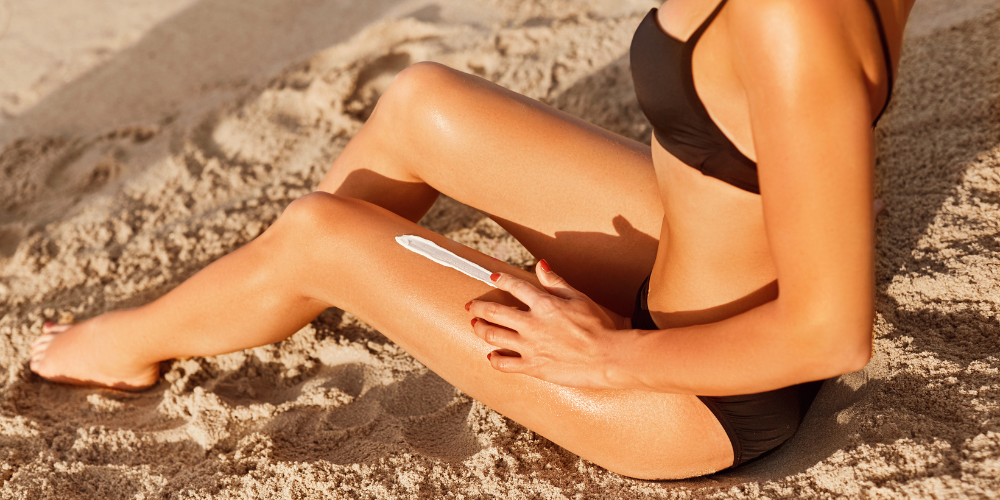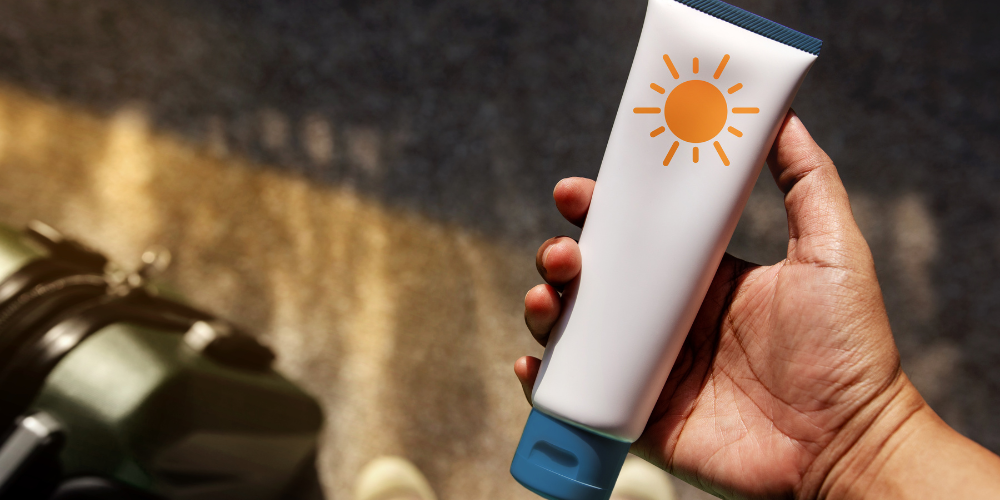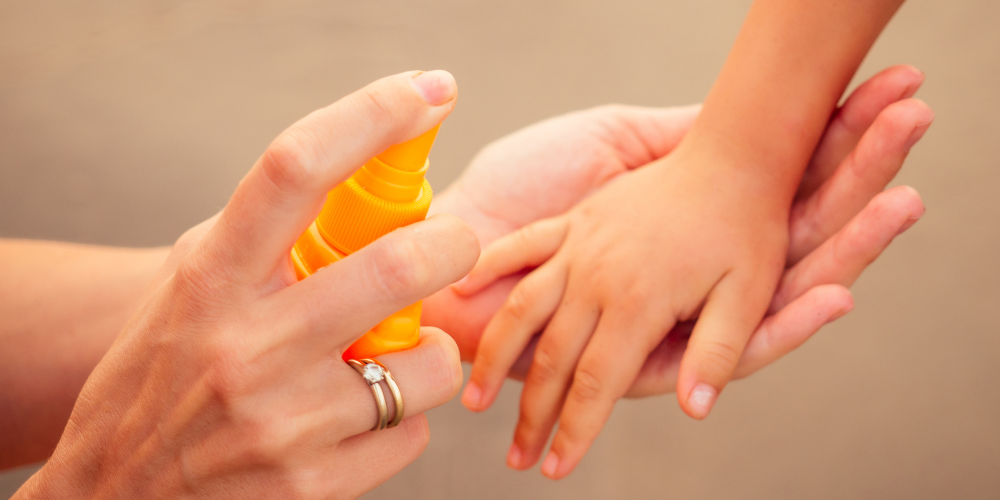
If we’re sure of one thing, it’s that wearing sunscreen is one of the most important things you can do for the present and future of your skin. A high-quality sunscreen with UV filters can protect your sensitive skin from burning and sustaining damage that can lead to skin cancer.
While there are tons of UV-blocking agents used all around the world, the United States uses only 17 of the UV filters approved in the country. This means we’re missing out on a whole lot of effective sun protection. There are tons of products available to us that contain SPF (sun protection factor) — think gels, creams, sprays, makeup products, and even powders — but the UV blockers contained in these products haven’t evolved in years.
On the other hand, countries like Asia, Europe, and Australia have far more options. These countries have advanced their formulas through research, expanding their suncare offerings, unlike the United States which has stuck closely to one set of active ingredients instead of seeking innovation. For this exact reason, many skincare enthusiasts who rely on sunscreen to keep their skin safe and youthful are turning to products from countries that have embraced more innovation in terms of sun care.

What’s Going on with Sunscreen in the United States?
In the U.S., the government only currently allows 17 UV filters in sunscreens and nine of these are rarely used since they have unfavorable side effects or because they don’t blend properly into the products that customers prefer. The other eight UV filters can be found in the sunscreen products available at drugstores, however, they still don’t tick all our boxes.
Sunscreen is considered and regulated as an over-the-counter drug in the United States, which means that the Food and Drug Administration (FDA) must consider all filters, either chemical or physical, to be active ingredients that need to be evaluated individually before they can be marketed and sold to consumers. It is regulated so tightly because it makes a health claim: that it can prevent sunburns, skin damage that can result in certain cancers and premature signs of aging. Because of this, the United States is behind in the sunscreen game, as products are regulated as if they are medication. In many other countries, sunscreen is regulated and treated as a beauty and wellness product.
This kind of regulation works out well for Americans as it results in affordable over-the-counter medications that are safe and effective, but many people are left wondering if we’re missing out on more advanced sun protection. Simply put, the answer is “Yes, we are.”
But what’s even more concerning is that a recent study showed that only two of the 17 UV filters approved in the United States are actually considered to be safe. More specifically, six of the UV filters can be absorbed into the skin, enter the bloodstream, and then cause uncertain health effects. When these ingredients are applied frequently and in high concentrations, these six ingredients can stay inside your body for days, even weeks.
The two effective and safe sunscreen filters in the United States, according to the FDA, are titanium dioxide and zinc oxide.
The UV filters that are still in question include:
ACinoxate, Oxybenzone, Avobenzone, Homosalate, Ensulizole, Octinoxate, Octisalate, Octocrylene, Dioxybenzone, Sulisobenzone, Meradimate, and Padimate O. So if you’re shopping for sunscreen, be sure to browse through the list of ingredients to ensure these ones aren’t included, as their impact on health is unknown.

What are the Alternatives to U.S. Regulated Sunscreens?
Sunscreens produced in Europe and Asia are made with more advanced, active ingredients that can keep you safe from UVA and UVB exposure. Manufacturers in the United States don’t have access to these ingredients — yet — but we hope this changes soon!
Korean sunscreens are a great alternative to sunscreens made in the United States as many of them also have additional skin benefits, as skincare in Korea is a booming industry that’s always advancing. In addition to active ingredients that protect against the sun’s harmful rays, many Korean sunscreens and sun creams contain hyaluronic acid, which hydrates and plumps, and antioxidants that can protect against environmental damage and free radicals.
Many Korean sunscreens also contain an ingredient called bemotrizinol, which is currently awaiting approval for use in the United States. In addition to absorbing the full spectrum of UVA and UVB rays, bemotrizinol can minimize the impacts of sunburn and it also has anti-aging benefits as it can protect your skin’s antioxidant defence system.
But don’t stress — if you’ve been using sunscreens produced in the United States for your entire life, all you need to do is change your skincare routine moving forwards. Now that you’re equipped with the knowledge and information surrounding these six UV filters that aren’t exactly considered safe, you can find a new sunscreen that will be better for you on the inside and outside.
Disclosure: We are a professional review and product rating website and mobile app that receives compensation from the companies whose products we review and rate. We are independently owned and the opinions expressed here are our own interpretations of a trusted source.
Are We Behind on the Sunscreen Game? was originally published in Think Dirty on Medium, where people are continuing the conversation by highlighting and responding to this story.